Exploring the Hong Kong Lesbian and Gay Film Festival with “Suk Suk" director Ray Yeung
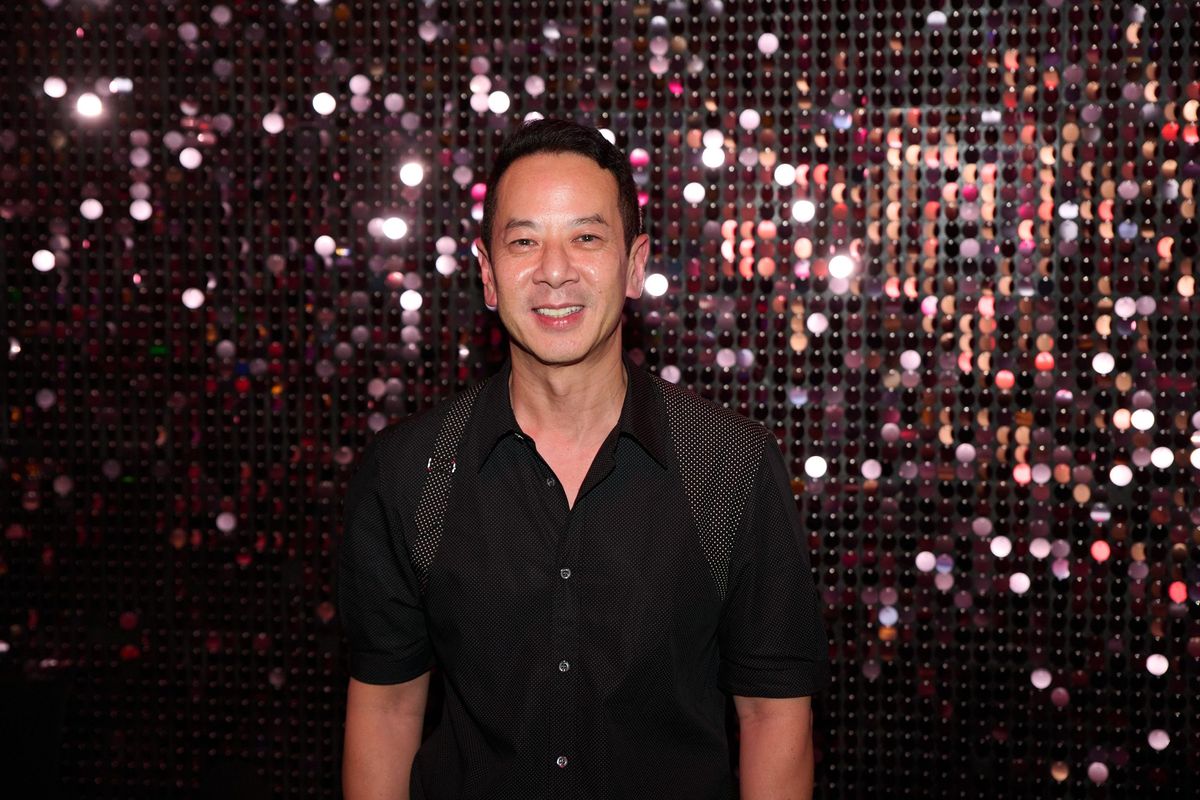
A few minutes every morning is all you need.
Stay up to date on the world's Headlines and Human Stories. It's fun, it's factual, it's fluff-free.
It’s been two years of dealing with a pandemic, and we’ve grown to adapt to the changes as we always do. But when our collective experiences have often been reduced to virtual “Netflix parties," the opportunity to return to the cinema has never been more novel. To grip on the leather armrests as the anticipation builds, knock our head back in laughter over a random joke or hear tissues pulled out of pockets when the girl finally gets the girl – what’s more comforting than experiencing all of this together?
The Hong Kong Lesbian and Gay Film Festival (HKLGFF) is an annual affair that began 33 years ago. Now, this year, 28 feature films and four short programs have made their way from all across the world to shine triumphantly on the screens of our local cinemas from September 17 to October 1.
TMS sat down with the festival’s executive director, filmmaker Ray Yeung, to chat about the festival’s mission, LGBTQ+ representation in Hong Kong cinema and the distance we still have to go.
It all started with one cinema
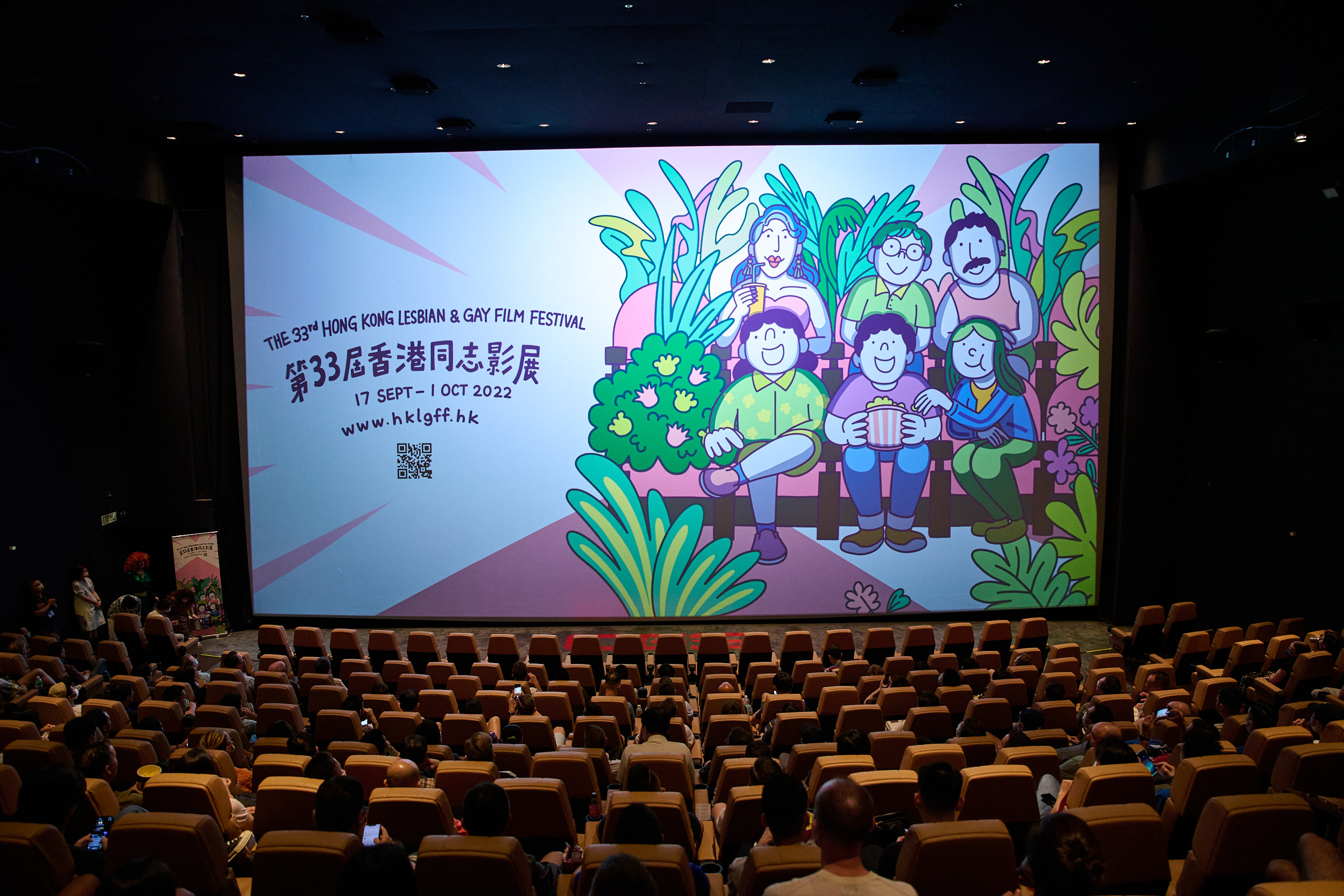
When the first HKLGFF opened in 1989, same-sex sexual acts between males were still illegal, and the Hong Kong Arts Centre was the only place that screened the festival’s films. With box office concerns, the festival eventually came to a halt in 1997.
Having returned from the UK in 1999, Yeung recalls when he relaunched the film festival, thinking, “We have to have one, it’s a metropolitan city!" With the relaunch coinciding with Hong Kong’s handover in 1997, Yeung wanted to preserve normalcy in this space.
Much has changed since then, both in scale and audience reception. The movies have now expanded to mainstream cinemas, namely Broadway Cinematheque, MOViE MOViE Cityplaza, PREMIERE ELEMENTS, PALACE ifc and Golden Scene Cinema, allowing much more accessibility than before.
Yeung credits Hong Kong as an international and diverse transit city with an ethnically-diverse population. He finds the festival audience these days to be more “open and acceptable" and certainly less homophobic than when the festival started.
Advancing the mission
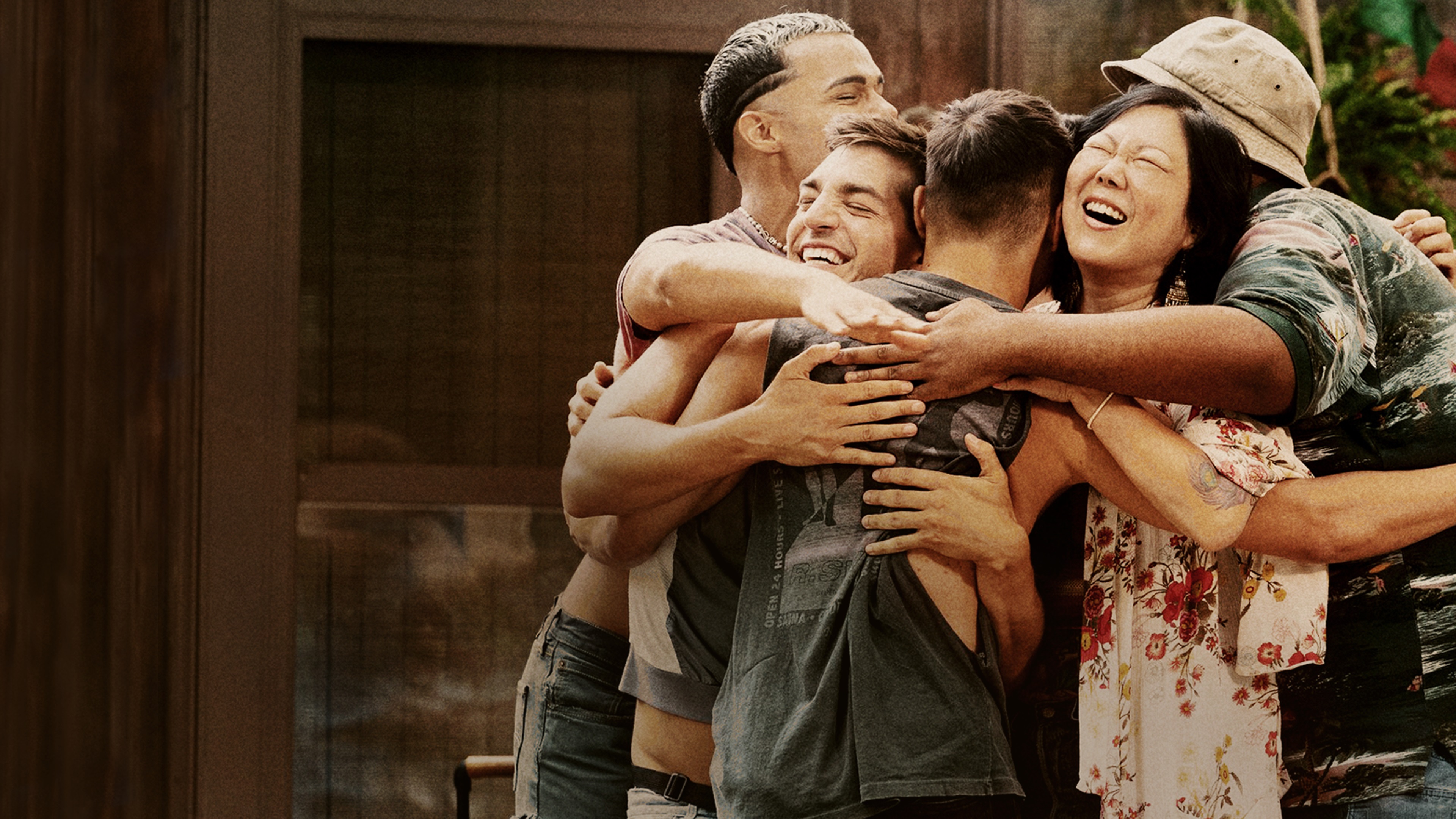
Bringing movie lovers, the LGBTQ+ community and allies together under one roof helps bring back that tangible human connection we’ve long missed in the socially-distanced pandemic days.
“There’s nothing more fantastic than being in the cinema watching a story and sharing it together, and laughing and crying at the same time," says Yeung. “I think that is something that is almost primal, something that we need, you know? Like when you were back in the apeman days, you still sit around the fire."
Aside from bringing international LGBTQ+ movies to Hong Kong, the festival tries to advance its mission with community outreach programs and competitions for new filmmakers in Hong Kong.
“We are GAYbours" is the festival’s community outreach program that holds screenings in areas of Hong Kong where cinemas are obsolete, and LGBTQ+ topics are rarely breached. Yeung hopes to heighten exposure to LGBTQ+ culture by bringing short films to those communities. This year, the festival partnered with Form Society, a street-front art and cultural space in Sham Shui Po, to screen four LGBTQ-orientated movies centered around coming out.
Their Short Screenplay Competition started last year with at least 20 entries, among whom Christy Tse and Jason Lam were chosen as winners and given the opportunity to meet five industry experts and develop their films. Yeung says that both winners were “polished," and mentors felt their scripts just needed a little rewriting, and they were “good to go." It served not only as a validation of their abilities but an encouragement to soldier on in creating movies despite how “difficult and time consuming" the process is.
On a global level, the festival also partners with Asia Pacific Queer Film Festival Alliance, a loose collective of regional festivals that advocate for international visibility for APAC queer cinema. Asian LGBTQ+ movies are still vastly underrepresented on the international stage.
“All the curators get together and really just try to promote Asian LGBTQ+ movies to the West, because if you look at the programming, say, in big film festivals, like Frameline or Outfest, there’s always only a very, very small amount of Asian gay movies, Asian LGBTQ+ movies. And it’s like [if] they program one or two Asian lesbian movies, then they have fulfilled their quota; they cannot show another one," Yeung points out.
“So if you have four good Asian LGBT+ movies that year, they have to fight for those two slots, which is really not fair because you have like 50 slots for Caucasian movies. So why are Asians being put in little categories and have to fight for those two slots? So, we try to fight for that, and we try to keep on sort of sending them more movies and encouraging them to show more Asian LGBTQ+ movies."
Striving for positive representation
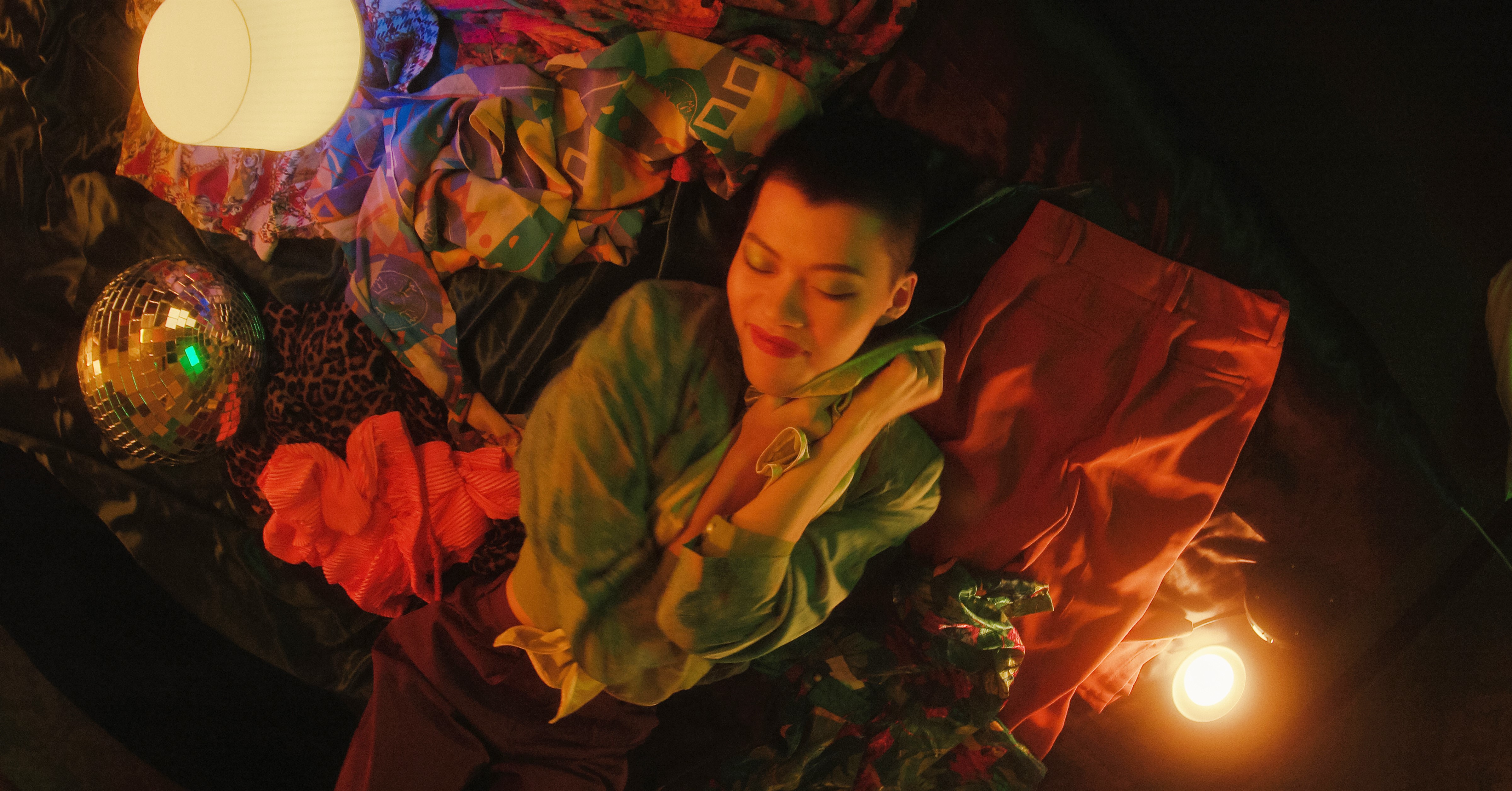
The LGBTQ+ community has seen screen time in Hong Kong, but sensitivity in its representation was not always on the agenda. Think “Pantyhose Hero," a popular 1990 Hong Kong action-comedy that investigates the murder of a gay man. It seemingly exposes new topics to the HK community yet falls short by using derogatory labels like 「死基佬」(literally translated as “damn gay man") and wraps homophobia within the guise of humor.
“Actually, there were a lot of local movies being made about the LGBT community, but they were also using it as a plot line, as a joke, laughing at the community rather than trying to express what the problems are or the issues that LGBT people have to face," Yeung says.
Yeung also reflects on how Hong Kong lags behind in the representation of LGBTQ+’s broad spectrum of issues compared to the West and the rest of Asia. Helping people find and feel comfortable with their own identities is primarily what the festival hopes to achieve, especially in a positive way.
“I think, well, first of all, it’s a sense of identification because if you’re growing up, and you never really see people who think the same way as you, you basically think you are freak," Yeung says. “But unless you actually see that kind of representation – and being represented positively – then you’re beginning to understand that, ‘Oh, wow! My God! Maybe I’m not alone. Maybe I’m not the only one in this who actually thinks like that, behaves like that or actually laughs at things like that.'"
So, as a programmer, Yeung focuses on ensuring that the lineup of films at the film festival truly reflects reality and focuses on what’s essential and popular, citing the boom of “BL" (boy-love) movies in Asia as an example of what must be included in this year’s selection. For example, BL movies in Thailand, in particular, are so popular that it has boosted tourism in the country.
As a filmmaker, Yeung also hopes to highlight subjects rarely portrayed in the mainstream. His most recent work, “Suk Suk," gained widespread attention when it was released in 2019 for telling the story of two grandfathers falling in love.
“I think really just representing a different spectrum of gay people because we always feel that gay people fall into the stereotypes, you know? Like they’re all something like Western-educated or fashion-conscious. They all go to the gym. I mean, yes, of course, there’s a lot of those as well. But there are also a lot of other ones who are very different. So, basically I want to represent that as well," Yeung says of the stories that he hopes to advance.
Is there hope?
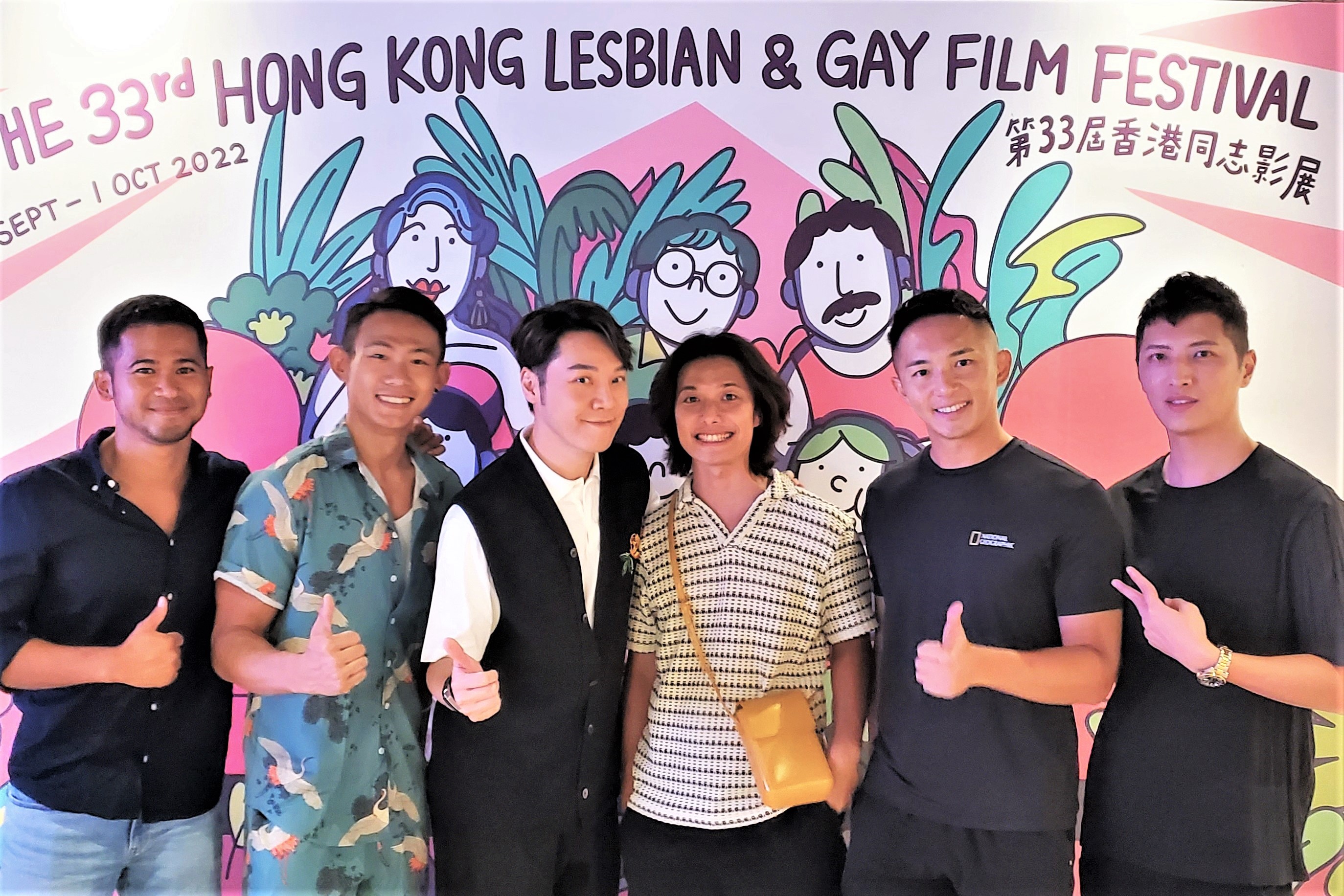
Regardless of whether you identify as a member of the LGBTQ+ community or see yourself as an ally, there is arguably much work to be done to move toward equality. Positive allyship may be a convoluted and sometimes misguided journey, and Yeung reminds people to remember that LGBTQ+ shouldn’t be seen only as a category. He says to instead remember that LGBTQ+ people are part of the broader mainstream and want “the same as everybody else."
As for the future of the LGBTQ+ community, Yeung sees the road ahead as a slow and steady course.
“Well, it’s a slow process, right?" he says. “I mean, well, we were hoping that by now we would be able to get closer to having gay marriage or at least civil partnership. It doesn’t look like that is gonna happen soon.
“But, you know, we are trying, and I think that we also have to thank a lot of individual people who have been fighting using their own causes and time and money in order to to fight for their rights in the court … So things like that are slowly turning around, but it takes time, I think."
The HKLGFF is currently running through the end of the month. Ticket prices for opening and closing films are HK$220, and a regular screening is HK$95-100. For more information, please visit their website or official Facebook page.




Comments ()